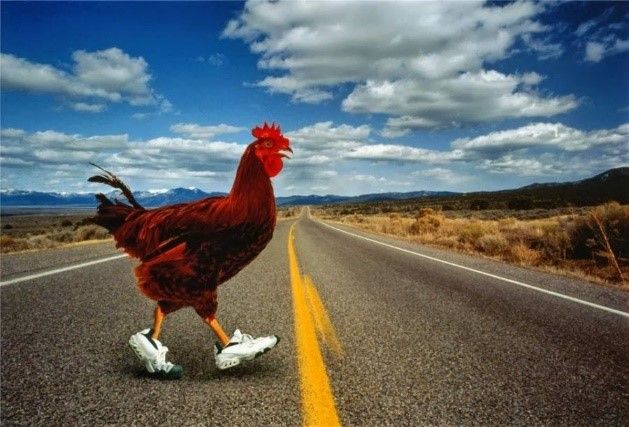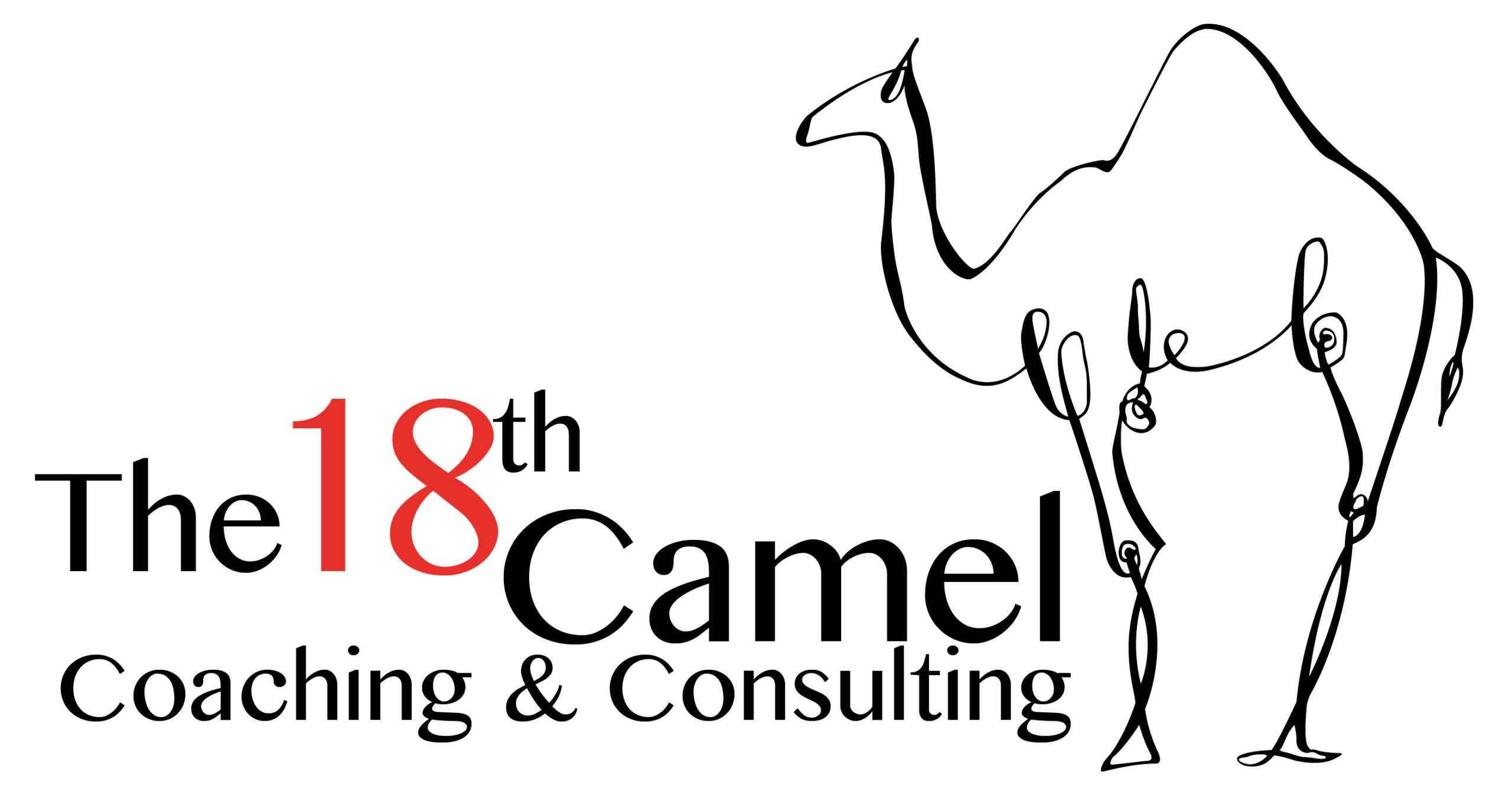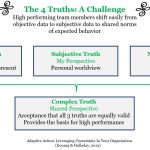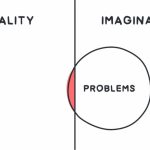WHY DID THE CHICKEN CROSS THE ROAD?

Well, it all depends on who you ask; it depends on your perspective. And our perspectives or worldviews are shaped by much – life experiences, values, assumptions, deeply head beliefs and more – all of which impact our leadership ability to interpret (new) information, and find meaningful solutions.
As Albert Einstein famously said “In order to understand ourselves, others, and the world around us, we need to be able to change and adapt our perspectives.” In my view there are 3 critical leadership capabilities to ‘see’ different perspectives & become successful … (1) the ability to suspend your agenda, (2) the ability to get deeply curious, and (3) the willingness to be influenced by others (i.e. build your wisdom).
Those you know me, know that I love humour … and so below is a simple, humorous case study on the power of perspectives based on the question:
‘WHY DID THE CHICKEN CROSS THE ROAD?’ I hope the perspective of humor works as a powerful nudge to challenge our worldviews as leaders before taking decisions or moving into action. Enjoy …
KINDERGARTEN TEACHER: To get to the other side.
PLATO: For the greater good.
ARISTOTLE: It is the nature of chickens to cross roads.
KARL MARX: It was a historical inevitability.
CAPTAIN JAMES T. KIRK: To boldly go where no chicken has gone before.
MACHIAVELLI: The point is that the chicken crossed the road. Who cares why? The end of crossing the road justifies whatever motive there was.
BILL GATES: I have just released the new Chicken Office 2000, which will not only cross roads, but will lay eggs, file your important documents, and balance your check book.
OLIVER STONE: The question is not, “Why did the chicken cross the road?” Rather it is, “Who was crossing the road at the same time, whom we overlooked in our haste to observe the chicken crossing?
DARWIN: Chickens, over great periods of time, have been naturally selected in such a way that they are now genetically disposed to cross roads.
EINSTEIN: Whether the chicken crossed the road or the road moved beneath the chicken depends upon your frame of reference.
RALPH WALDO EMERSON: The chicken did not cross the road . . . it transcended it.
ERNEST HEMINGWAY: To die. In the rain.
DR. SEUSS: Did the chicken cross the road? Did he cross it with a toad? Yes! The chicken crossed the road, but why it crossed, I’ve not been told!
GRANDPA: In my day, we didn’t ask why the chicken crossed the road. Someone told us that the chicken crossed the road, and that was good enough for us.
COLONEL SANDERS: I missed one?



